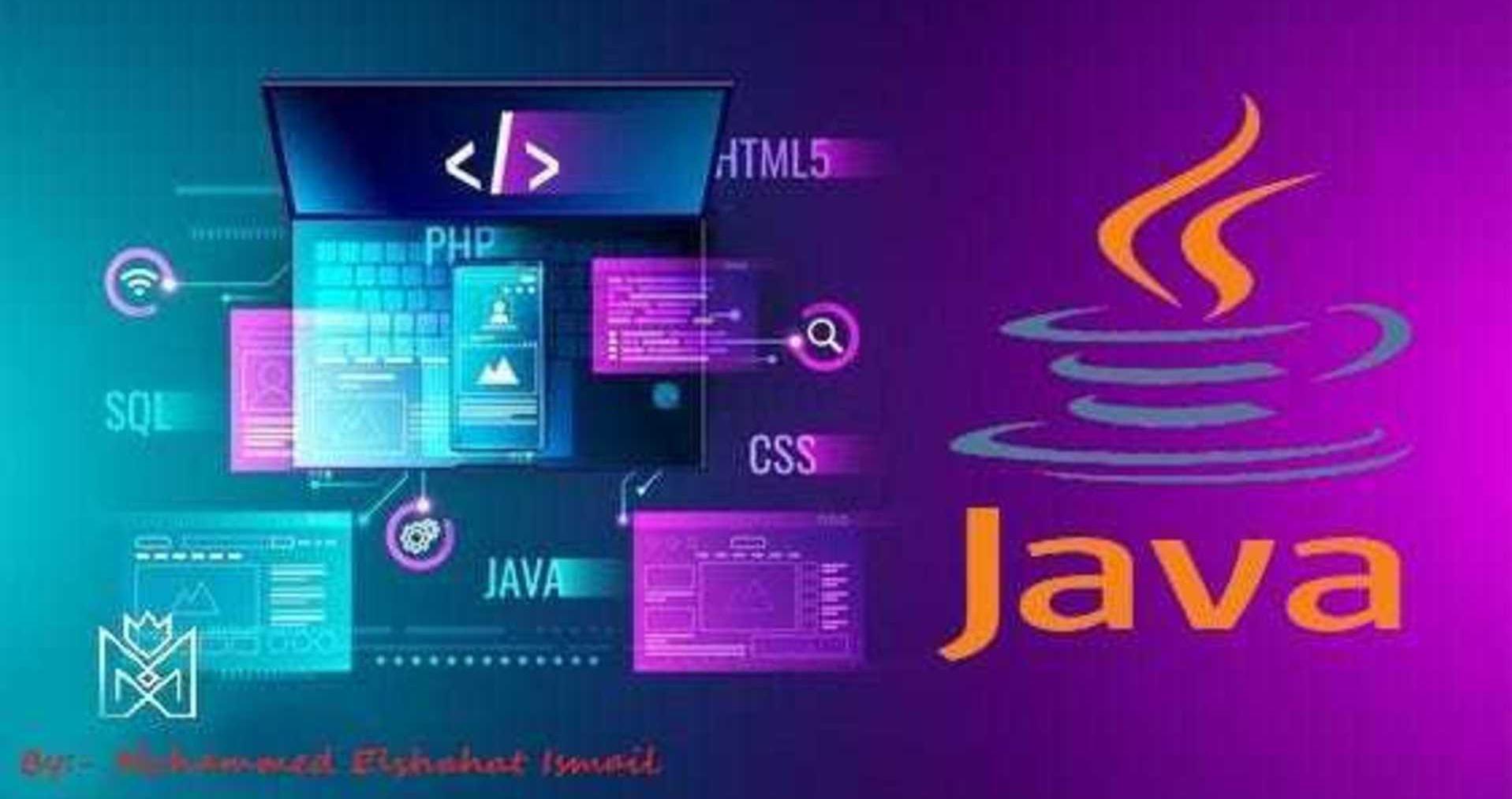
Java: The Timeless Powerhouse of Programming
Java: The Timeless Powerhouse of Programming
Introduction Have you ever wondered what language powers the majority of Android apps or underpins the infrastructure of countless enterprise systems? The answer is Java. Since its inception in 1995, Java has solidified its position as a stalwart in the programming world, offering a robust and versatile platform for developers.
Key Advantages of Java
- Platform Independence: Java's "Write Once, Run Anywhere" paradigm, enabled by the Java Virtual Machine (JVM), ensures that code compiled once can be executed on any device with a JVM installed. This portability has made Java a ubiquitous choice for cross-platform applications.
- Object-Oriented Programming (OOP): Java's strict adherence to OOP principles fosters code reusability, maintainability, and scalability. By modeling real-world entities as objects, developers can create more intuitive and modular software.
- Robustness and Security: Java's strong type system, exception handling, and automatic memory management (garbage collection) contribute to its reputation for producing reliable and secure applications. Features like bytecode verification and sandboxing further enhance security.
- Vast Ecosystem: The Java ecosystem is rich with libraries, frameworks, and tools that simplify development and accelerate time-to-market. From the Java Standard Edition (SE) for general-purpose programming to the Enterprise Edition (EE) for enterprise applications, Java offers a comprehensive suite of capabilities.
- Scalability: Java's ability to handle large-scale applications and high concurrency makes it an ideal choice for building enterprise systems that can scale to meet growing demands.
Real-World Applications
- Android App Development: Java has long been the primary language for creating Android apps, powering billions of devices worldwide.
- Enterprise Applications: Java's robustness and scalability make it a popular choice for building enterprise resource planning (ERP) systems, customer relationship management (CRM) systems, and other mission-critical software.
- Web Development: Frameworks like Spring and JavaServer Faces (JSF) have made Java a powerful tool for building dynamic and scalable web applications.
- Big Data: Java plays a significant role in big data processing, with platforms like Hadoop and Spark leveraging Java's capabilities for handling massive datasets.
Why Choose Java?
- Mature and Stable: Java has been around for decades, and its maturity is reflected in its stability, extensive documentation, and large community.
- Performance: While it might not be the fastest language in every benchmark, Java offers a good balance of performance and developer productivity.
- Community and Support: The Java community is vast and active, providing ample resources, tutorials, and forums for developers to learn and seek help.
Conclusion
Java's enduring popularity is a testament to its versatility, reliability, and performance. Whether you're a seasoned developer or just starting your programming journey, Java offers a solid foundation for building robust and scalable applications. As technology continues to evolve, Java remains a relevant and valuable skill to have in your toolkit.